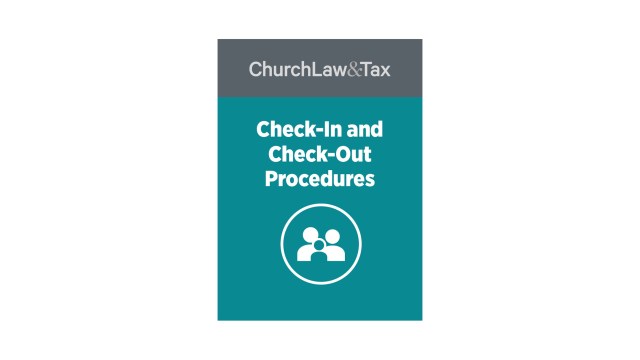Key point 10-11. A church may be legally responsible on the basis of negligent supervision for injuries resulting from a failure to exercise adequate supervision of its programs and activities.
A Connecticut court ruled that a church school could be sued by the parents of a minor student who has been a victim of bullying by an older student. A minor student at a church-operated school was injured when he was assaulted by another student at school. The victim’s parent sued the school and diocese, claiming that the assault was caused by the negligence of the school in the following ways:
(1) it knew, or in exercise of due care should have known, that the assailant posed a risk to other students but failed to remedy the situation;
(2) it knew, or should have known, that the assailant had a history of threats and violence and posed a danger to others in the school, yet failed to exercise reasonable caution and take appropriate measures to prevent the assailant from acting violently;
(3) it failed to enforce its student behavior and disciplinary measures and rules in its student handbook, in one or more of the following respects:
• it failed to implement its policy of requiring the assailant to use appropriate language and actions toward the victim in violation of the rules set forth on page three of the Parent/Student Handbook;
• it failed to make the assailant serve detention in violation of the rules set forth on page three of the Parent/Student Handbook after the victim notified his teachers and the school principal that the assailant had bullied him and engaged in disruptive behavior;
• it failed to follow its policy of suspending or expelling the assailant from school after the victim notified his teachers and the school principal that the assailant was bullying him in violation of the provisions set forth on page four of the Parent/Student Handbook; and
• it failed to follow its policy of suspending or expelling the assailant after the victim notified his teachers and the school principal that the assailant was physically and verbally threatening, harassing, and abusing him in violation of the provisions set forth on page four of the Parent/Student Handbook; and
(4) it failed to adopt or enforce policies against bullying in violation of state of Connecticut policies against bullying as set forth under state law.
The court dismissed the defendants’ motion to dismiss the case. It concluded that the victim had presented enough evidence of the defendants’ negligence to allow the case to proceed to trial.
What This Means For Churches:
This case is important since it represents one of the first cases to address a religious organization’s potential liability for acts of bullying. The court concluded that the school could be liable on the basis of negligence, and that negligence could be demonstrated by proof that the school failed to comply with several relevant policies in its policy manual pertaining to student safety. The lesson is clear—churches and schools that have adopted policies for the protection of minors must be diligent in complying with those policies, since a failure to do so may constitute negligence. Nasuta v. Diocesan Corporation, 2014 WL 5472087 (Conn. Super. 2014).
